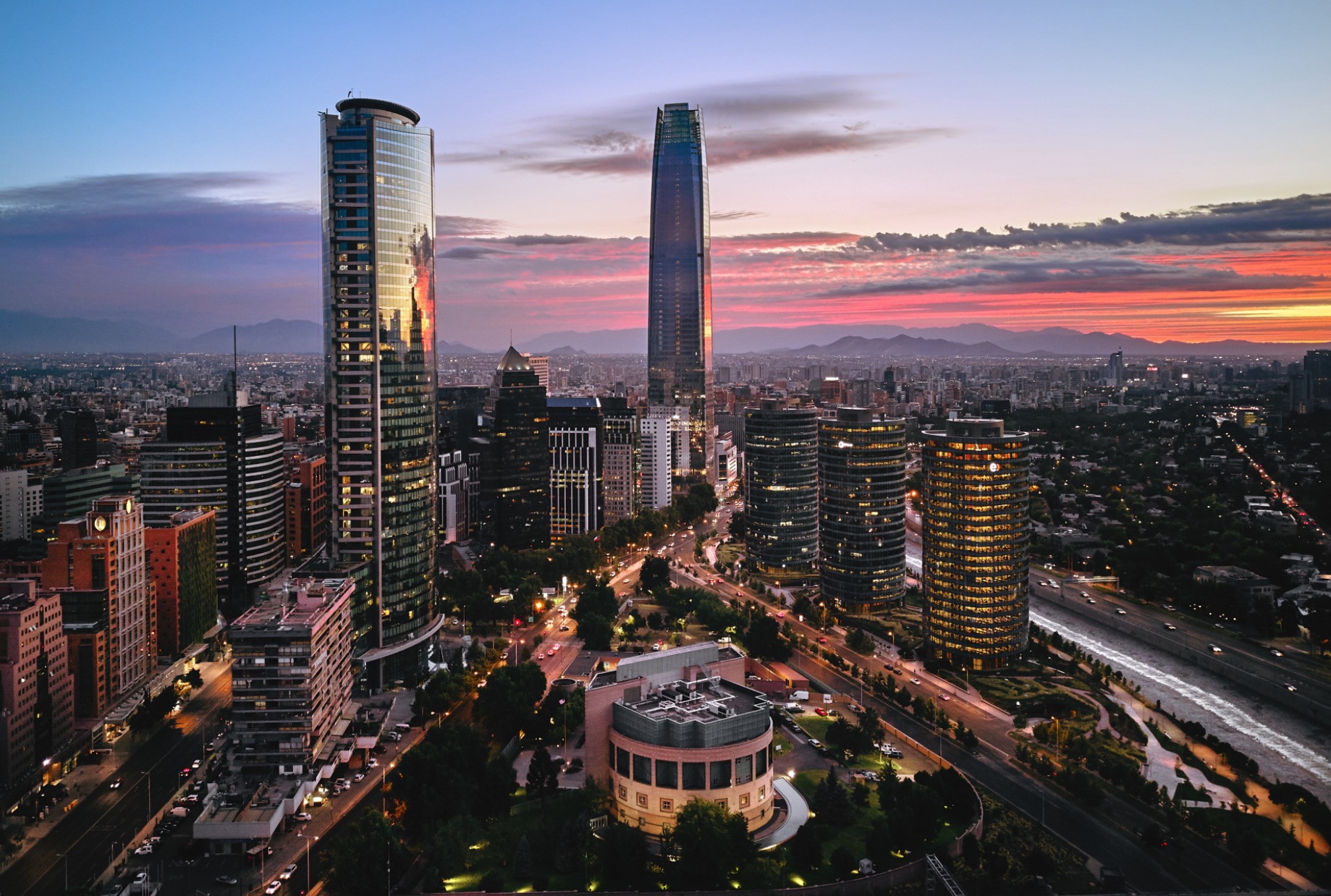The Chilean constituent process has attracted interest for various reasons: its gender parity, seats reserved for indigenous peoples and its electoral system, among other aspects. However, the process has not taken into account the relationship between the elite and the rest of society.
Elites, understood as minority groups of people who concentrate the positions of importance within a society, have historically been present in every society of a certain magnitude. Between societies there are differences in the distance between these elites and the rest of society, however, their positions need to be legitimized by the rest of society. Otherwise, societies may experience crises and/or major transformations.
The distance between elite and society has different manifestations. One is mobility, both within and outside the elite group. Another dimension has to do with the distance in access to resources, goods and services, which translates into lifestyle and quality of life. A third dimension is associated with differences in perceptions and in the way of understanding reality, due to different experiences and interests.
The great distance between elites and society
In the case of Chile, the great distance between elites and society is striking, which is expressed in low social mobility and high intergenerational reproduction of the elite. It is very likely that those who are born into the elite will remain in it and those who are not will not achieve such positions. This is explained by the importance of contacts, surnames and participation in exclusive institutions for accessing opportunities.
Likewise, there is an important social segregation, in which those with higher incomes have access to certain schools, neighborhoods, health institutions and other services where people with a common homogeneous origin coincide, obtaining a very different quality from the rest of the population. All this means that the pattern of inequality in Chile, one of the most unequal countries in the world, is precisely its high concentration of wealth and well-being in a small number of people.
Regarding perceptions, a recent study by researchers Atria and Rovira draws attention to the great difference in perceptions and evaluations that exists between the elite, especially the economic elite, and the rest of the population. This difference is so marked that they seem to live in different countries.

Since 1998, some studies in Chile, mainly from the UNDP, have identified a social malaise associated with the fact that the promises brought about by the return to democracy had been disappointed, while people perceived that their material conditions were improving, but not at the pace of the elite. This malaise seems to have exploded in October 2019, warning that the distance between elite and society had reached a critical situation. The progress of the country that the elite had projected to the world was not perceived equally by the population as a whole.
At the same time, the idea that, if the elite improved their conditions, these benefits would sooner or later be passed on to everyone collapsed. It seems that more and more people believe that what some gain is at the expense of others. Thus, a break was observed, which seemed to motivate reflections and openness on the part of sectors of the elite, opening the possibility of changes tending towards a new deal.
The lack of empathy of the elite
However, during the last few weeks, the declarations of different leaders of business associations in the midst of the pandemic, rejecting the economic aid proposed by the government, which despite its welfare character would have a redistributive effect, have caused controversy. This shows how little empathy the elite have for the rest of the population.
Consequently, it seems that, despite the good intentions of certain people, the distance between the elite and the rest of society generates a sounding board in which the discourse of the elite is reproduced among people who perceive reality in a similar way, and, at the same time, make them ignore what many people experience on a daily basis.
The constituent process that Chile is facing and whose next milestone is the election of conventional on May 15 and 16, is an opportunity to reconfigure the relationship between elite and society, reducing these distances. To this end, it is essential that people from different sectors of society participate in the constituent experience, both as members of the convention and/or in other roles. The risk of it being a new instance captured by the elite would imply that once again the experience of an important part of the population would be ignored, which could intensify the social fracture.
It is time to build an institutional framework where the destinies of the business community, the political authorities, the big income earners and the rest of the population are projected from a common horizon. This implies a new deal. As mentioned at the beginning, although every society has elites, the distance that can be seen in Chile is unusual. Societies in which the elites themselves use, care for and develop the services to which the majority of the population has access, and where opportunities and living conditions are less determined by social origin, tend to present higher degrees of cohesion and capacity to face common challenges, as this pandemic has shown.
Moreover, an elite that changes and renews itself, incorporating people from diverse backgrounds, is more likely to be able to interpret changes and anticipate the measures necessary for the common good.
*Translation from Spanish by Emmanuel Guerisoli
Photo by Deensel and Photo by bdeboikot at Foter.com











